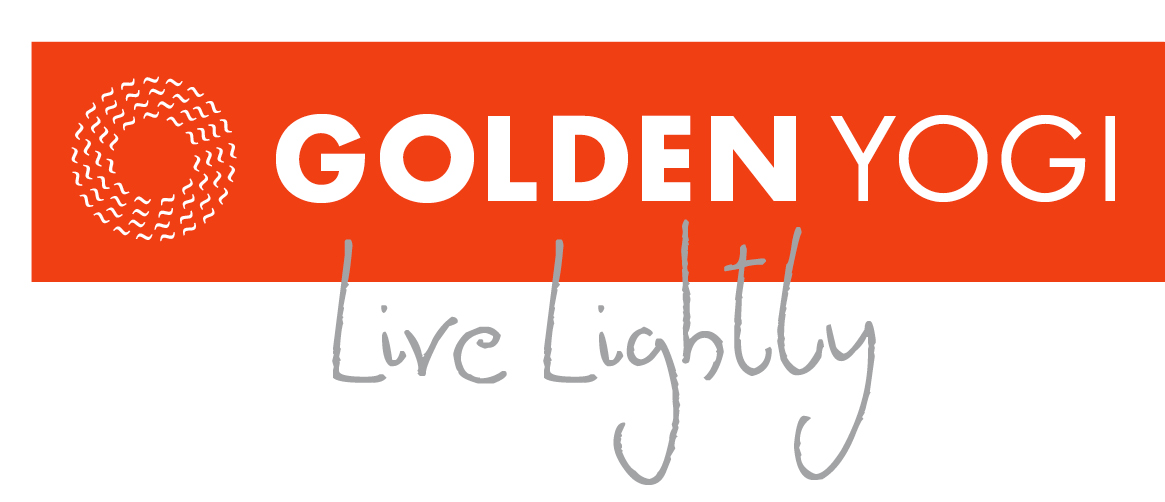How Sleep Effects our Hormones
We all live according to our circadian rhythm, a near 24-hour internal clock that controls how our body’s functions change throughout the day. Your cognition, metabolism, sleep-wake cycle, and many other functions all follow a circadian rhythm. The master clock in your hypothalamus keeps track of time by queues such as light and darkness, physical activity, and mealtime schedule. The rest of your body is synchronized with the master clock in your hypothalamus through neural and hormonal signals, such as adrenocorticotropic hormone (ACTH) and cortisol, that cycle throughout the day,
Maintaining a consistent circadian rhythm is essential for general health. Inconsistent eating and sleeping patterns can throw off your circadian rhythm and increase your risk of developing a number of diseases. Likewise, not getting enough quality sleep can affect your physical and mental well-being.
Why Do we Get Sleepy?
Throughout the day, sunlight stops your pineal gland from producing melatonin, a sleep-inducing hormone. Another sleep-causing chemical called adenosine increases during the day in parts of the brain that control wakefulness. As it gets dark, melatonin levels go up, and enough adenosine accumulates in your brain that you get sleepy. Caffeine can keep you up because it blocks adenosine receptors. During sleep, adenosine levels go back down.
What Happens When We Sleep?
Sleep is divided into 90-minute cycles of rapid eye movement (REM) and non-rapid eye movement (NREM) sleep, which is composed of different stages. These cycles are repeated throughout the night.
Most of our sleep is NREM sleep and is made up of stages N1-N3
Stage N1: This is a stage of light sleep when you are in between being awake and falling asleep.
Stage N2: The onset of sleep. This is when you become disengaged from your surroundings, and your body temperature drops.
Stage N3: The deepest sleep stage. This is when tissue growth and repair happen, and energy is restored. During this stage, several hormones are released that control functions ranging from growth and development to appetite.
UNDERSTANDING REM
During REM sleep, your eyes rapidly move back and forth, hence the name. This stage of sleep is known for having the highest brain activity. This is also when you dream. REM first happens about 90 minutes after falling asleep and reoccurs every 90 minutes. In adults, REM is a relatively short sleep stage that gets longer after every cycle. REM sleep supports daytime function by helping restore energy to the brain and body. Your body becomes immobile and relaxed during REM, possibly to prevent you from acting out your dreams. REM sleep enhances learning and memory and is vital for emotional health.
How Does Sleep Change During the Lifespan?
The amount of sleep you need to function throughout the day changes with age: Newborns (0-3 months of age) Sleep range of 14 to 17 hours Infants (4-11 months of age) Sleep range of 12 to 15 hours Toddlers (1-2 years of age) Sleep range of 11 to 14 hours Pre-schoolers (3-5 years of age) Sleep range of 10 to 13 hours School-aged children (6-13 years of age) Sleep range of 9 to 11 hours Teenagers (14-17 years of age) Sleep range of 8 to 10 hours Young Adults (18-25 years of age) Sleep range of 7 to 9 hours Adults (26-64 years of age)Sleep range of 7 to 9 hours Older Adults (65 years of age and older)
Sleep range of 7 to 8 hours
*Source: National Sleep Foundation
How Does Sleep Affect my Overall Health?
Inadequate sleep has been associated with a variety of health problems. Not getting enough sleep in the short-term leads to fatigue, impaired learning and memory, and irritability. Adequate sleep is necessary for healthy immune function. Consistently depriving yourself of sleep can lower your immune system and make you susceptible to illnesses such as the cold or the flu.
Insufficient sleep over the long term can contribute to severe health conditions. For example, sleep controls your stress hormones and maintains your nervous system healthy. Not enough sleep can affect your body’s ability to regulate stress hormones and lead to high blood pressure. Enough quality sleep is also crucial for maintaining healthy levels of hormones that control appetite and blood glucose levels. Cutting back on sleep can increase your risk of developing obesity and type 2 diabetes. Inadequate sleep over the long run can contribute to several other conditions such as depression and anxiety, cardiovascular disease, and can lower life expectancy.
Is There a Difference in Sleep Patterns by Gender?
Women have slightly shorter circadian rhythms than men, and on average, go to bed earlier and wake up earlier than men.
Research suggests that women have longer total sleep time, less total wake time, and overall better sleep efficiency than men.
However, women have about a 40% higher risk for insomnia than men.
Research has also shown gonadal hormones cycles affect sleep patterns differently in men and women. For example, hormone fluctuations during a woman’s menstrual cycle and menopause can affect sleep patterns. This can lead to increased insomnia and frequently waking up during the sleep cycle.
What Endocrine Conditions are Related to Disruption in Sleep and Circadian Rhythm?
Studies have shown that lack of sleep can lead to other serious health conditions. Poor sleeping patterns have been associated with hypertension, obesity, glucose intolerance, and insulin resistance. Sleep deprivation has also been linked to hypogonadism (low testosterone) in men. Treatment Options for Sleep Conditions Management and treatment options may vary based on the diagnosis. For certain conditions, such as insomnia or sleep apnea, your doctor may recommend seeking assistance from a sleep specialist so you can receive appropriate treatment. Treating a sleep-related condition may also lower the risk of developing other chronic diseases.
Treatment Options for Sleep Conditions
Management and treatment options may vary based on the diagnosis. For certain conditions, such as insomnia or sleep apnea, your doctor may recommend seeking assistance from a sleep specialist so you can receive appropriate treatment. Treating a sleep-related condition may also lower the risk of developing other chronic diseases.
What Can I do to Improve my Sleep?
Disrupting your circadian rhythm with irregular sleeping patterns can affect your health in the long run.
Sleeping in on weekends can make it challenging to maintain a consistent sleep schedule.
Try to keep a regular sleep schedule throughout the week. Don’t sleep in more than one hour extra on the weekends so that you don’t throw off your sleep schedule.
Snacking and eating late at night can affect your quality of sleep and can put you at higher risk of developing diabetes and obesity. Avoid eating close to bedtime.
Light from cell phones and laptops can suppress melatonin and can make it harder to fall asleep.
Try not to use cell phones and laptops right before bed, and if you do, use the night option that changes screen color and minimizes melatonin-suppressing light.
Try to avoid caffeine intake after 12:00 noon.
Practice different sleep habits until you discover what works for you. For example:
Try sleeping in an appropriately lit room
Avoid noises that may disturb your sleep or use noise environment in your favor, such as a white noise device.
Make sure your bed is used primarily for sleep and avoid working or eating in your bed.
Research what may be causing your sleep disturbances and address them. For example, are pain or frequent trips to the bathroom interrupting your sleep?
Questions to Ask Your Doctor
Does insomnia increase my chances of heart disease?
Does loss of sleep affect glucose or cortisol levels?
How many hours of sleep are enough for me?
Is sleep associated with worsening my menopause-related symptoms, such as depression?
Is my menstrual cycle or menopause affecting my sleep?
Does sleep affect my testosterone levels?
EDITOR(S): Ramon Martinez, M.D., Daniel Ruiz, PHD
LAST UPDATED: June 2019
Citation information
Hormone Health Network."Sleep and Circadian Rhythm | Endocrine Society." Hormone.org, Endocrine Society, 31 May 2020, https://www.hormone.org/your-health-and-hormones/sleep-and-circadian-rhythm

